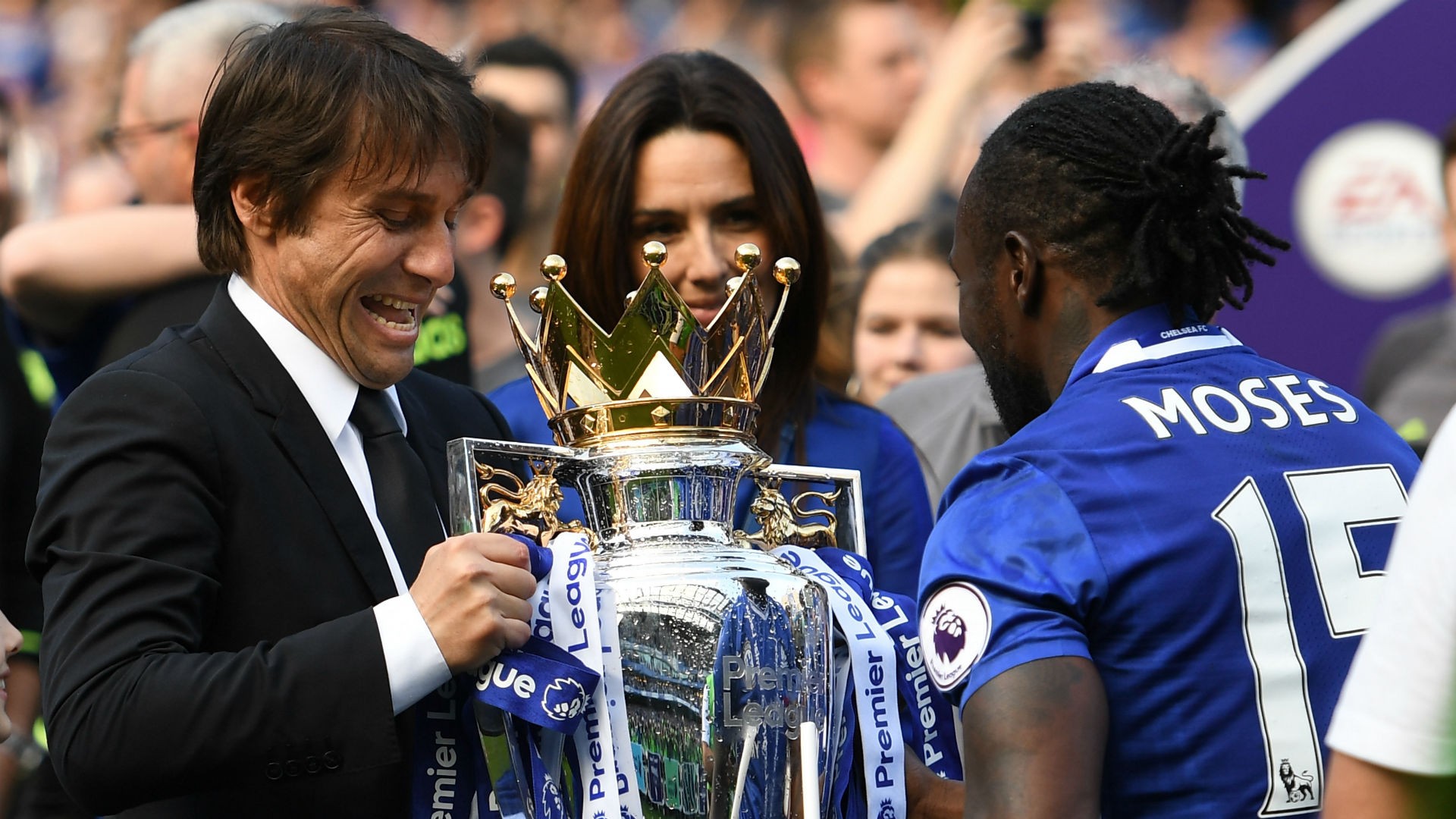
Antonio Conte will need his widemen performing much better if the Blues are to step out of their recent malaise
Chelsea’s form in 2018 does not make for good reading.
For those who need a refresher, Antonio Conte’s side have won twice
in 11 games in all competitions, three if you add the FA Cup third round
replay win over Norwich City at Stamford Bridge.
The general consensus seems to be centered on Conte’s gloomy
demeanour and reluctance to switch things up from his preferred tactic
of three at the back, and the manager is arguably fortunate to still be
in a job after speculation that he'd be dismissed following the defeat
by Watford.
While the former criticism may be merited, a departure from a
back-three may be required if Conte is to survive at Stamford Bridge.
To this end, Victor Moses could be key to the Italian manager saving his job.
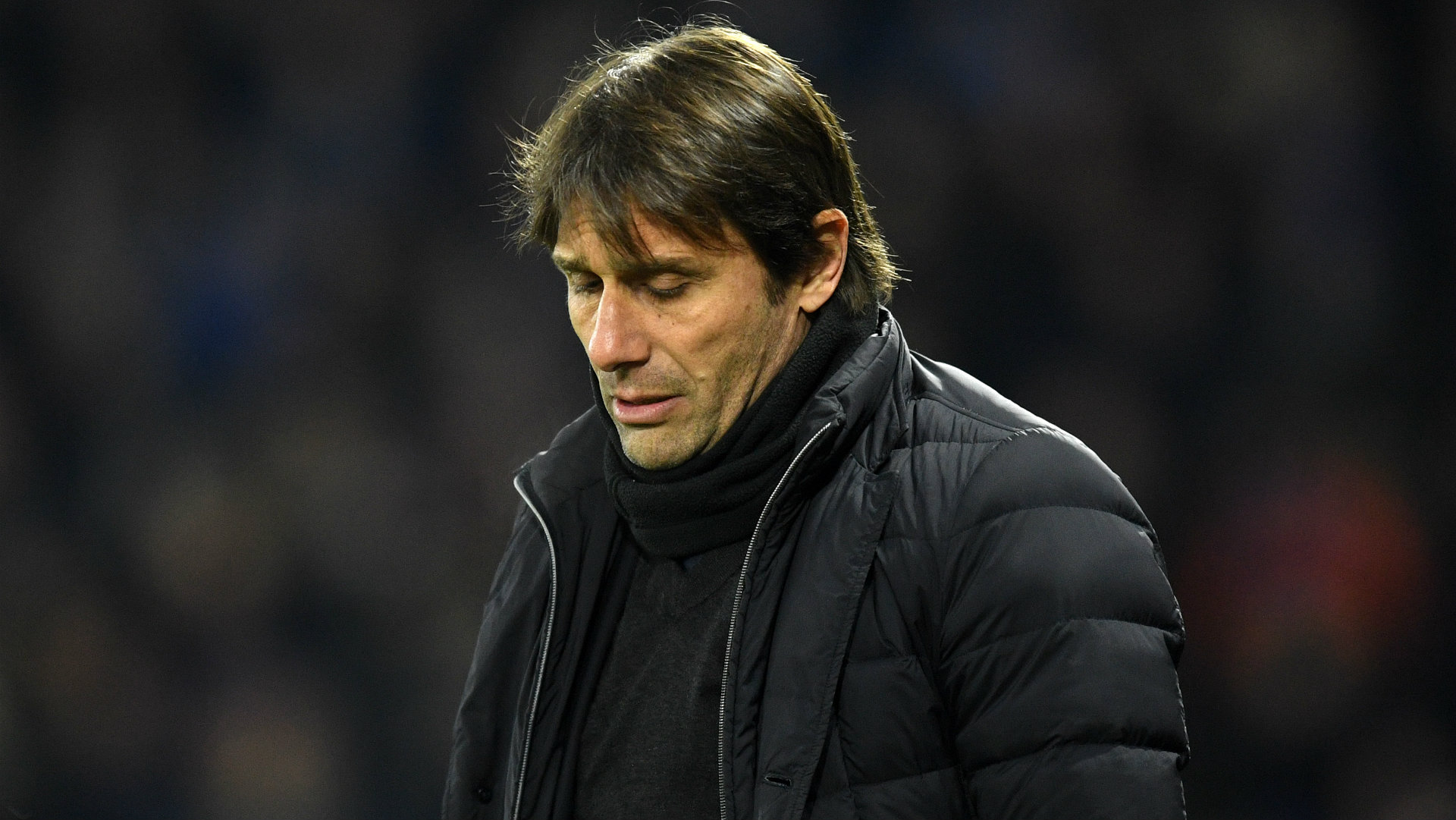
Admittedly, and in hindsight, the Italian manager has made a few poor
calls in recent games, not least in terms of personnel and
combinations.
Chelsea’s rather indifferent start to the 2016-17 season saw the
Italian bring in Moses and Marcos Alonso as his primary wing-backs. The
switch saw the Stamford Bridge club win a staggering 27 games from 32
(after winning just three from the first six) in a remarkable
title-winning campaign.
Moses, for his part, seemed reborn in the wing-back role as it
amplified most of his strengths, while masking a few weaknesses in his
game.
By contrast though, this season has seen an alarming drop in his
level of performances and, consequently, Chelsea’s. Some may scoff and
downright say it’s a bit silly attributing the Pensioners’ malaise this
year to the inconsistency of their wing-backs.
Admittedly, that may be rather too simplistic, but you can’t deny
their output (or lack of, in this case) has a major impact on how
Chelsea play.
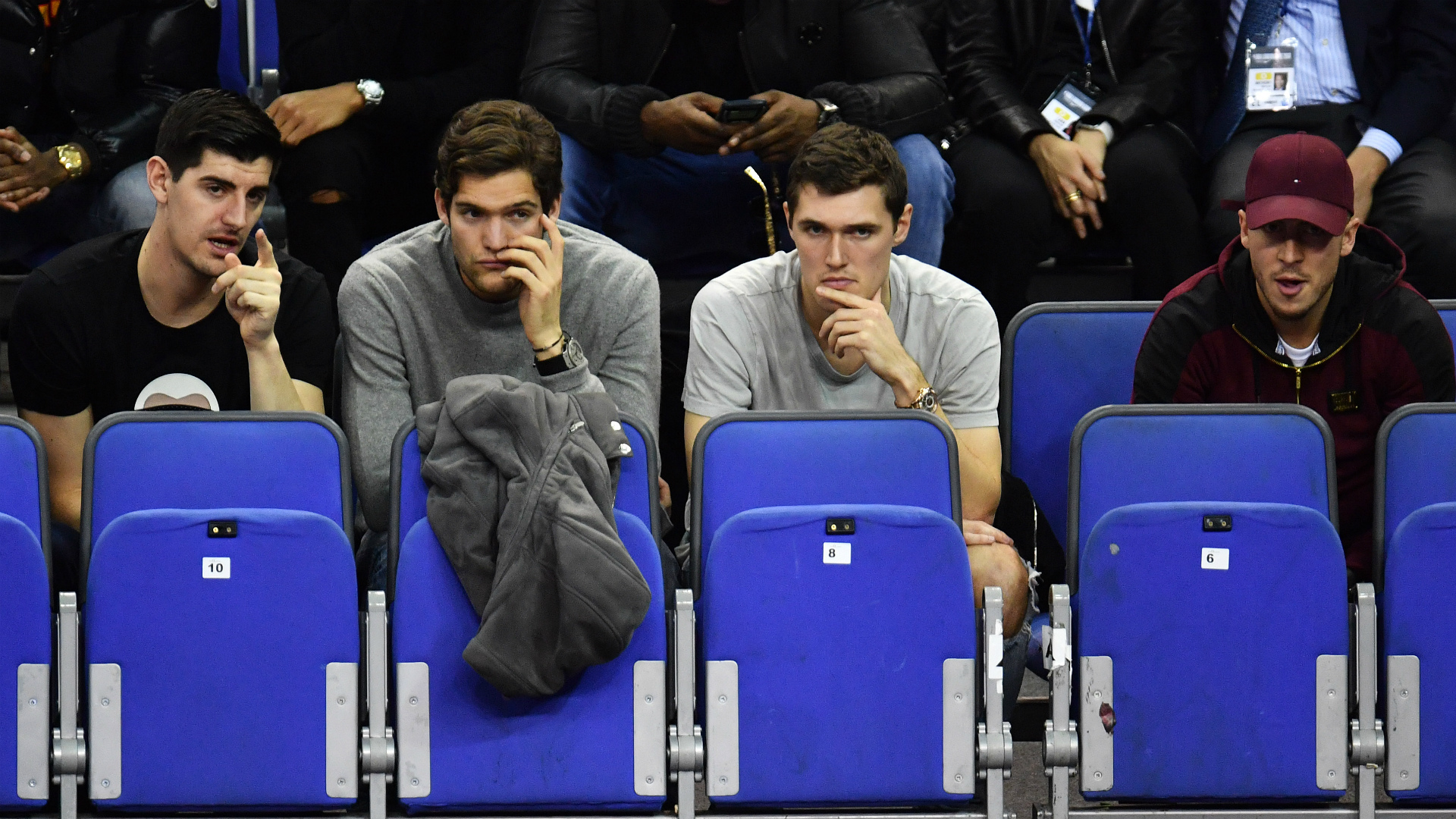
The three-man defence requires the men out wide to maintain the
side’s width (as the team mostly play without recognized wingers),
whilst influencing the game at both ends of the pitch.
Moses, and to a lesser degree, Alonso have struggled to replicate
last season’s performances and it’s ultimately crippled the team’s
effectiveness. The Nigeria international's statistics show a
considerable drop in his underlying figures from last year which
amplifies his lesser contribution in defence and attack.
A particular indictment in this campaign has been his inability to
beat his marker with any degree of consistency and consequently create
chances for his teammates in the attacking third. He’s also down on his
number of key passes, chances created, interceptions, blocks and
clearances from 2016/2017.
Maybe the Nigerian is starting to feel the effects of playing in one
of the most physically challenging positions in modern football, hence
the drop in quality displays. This certainly appears to be the case with
Alonso, who's a doubt for the West Bromwich Albion match due to
fatigue.
When you take into account the number of extra games this season,
coupled with the wideman’s problems in the past to stay fit for a
stretch whilst also delivering good performances, it all adds up.
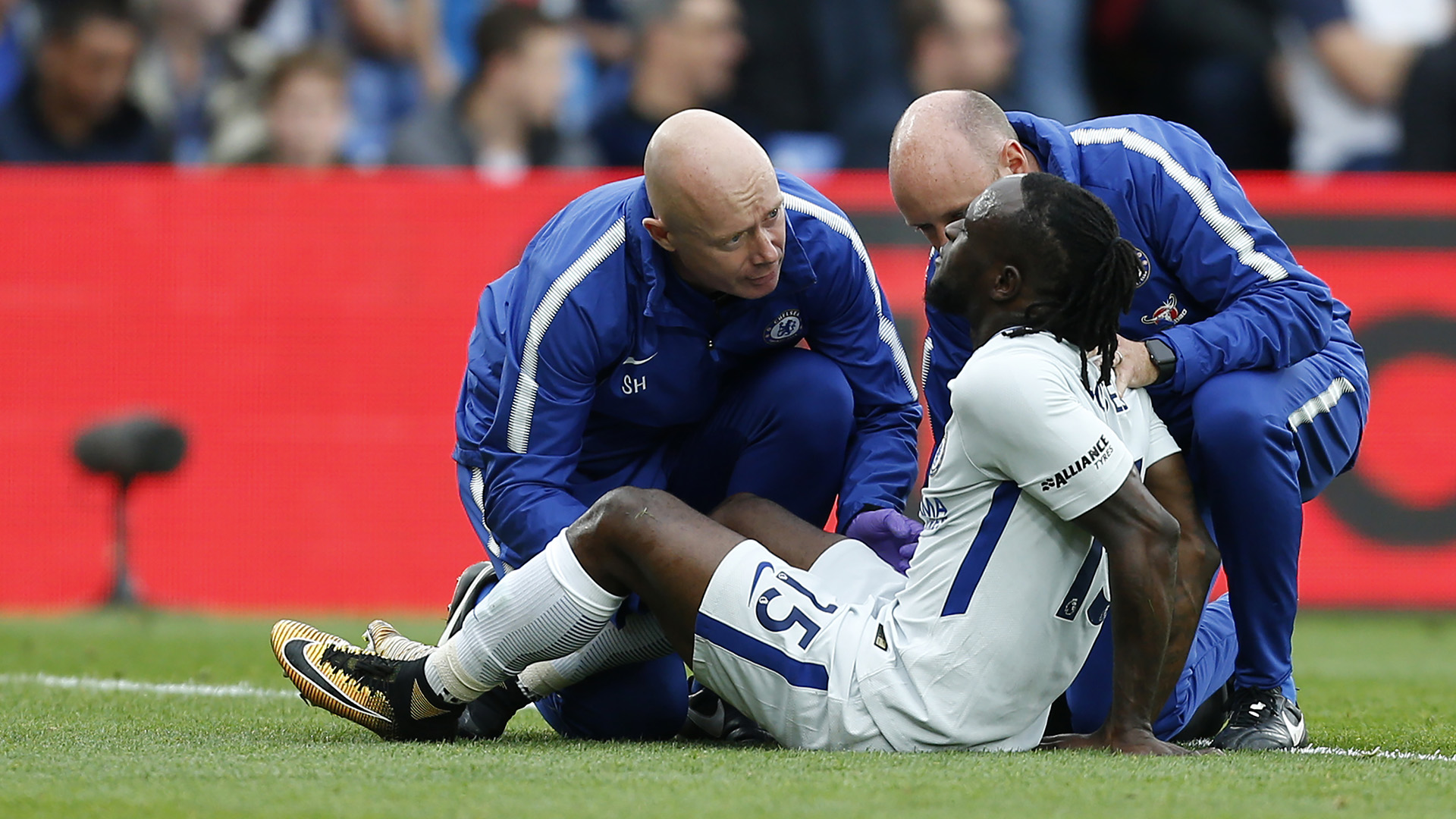
The Super Eagle missed about seven weeks earlier in the campaign as
Chelsea struggled through the autumn to find a balance to their play. He
returned to the starting line-up in early December and delivered a good
performance in his side’s 3-1 win over Newcastle United at the Bridge.
The fact that the West African superstar’s next good outing was in
the Blues’ 4-0 win over Brighton on January 20 (when he set up Eden
Hazard’s opener before scoring himself) is telling. Both matches were
seven weeks and eight league games apart. It's not good enough...and not
nearly consistent enough!
Conte hasn’t helped either, with his flirtation with the 3-5-2 system
(a tweak from Chelsea’s title winning 3-4-3 formation) in several games
this term, which only places extra pressure on inconsistent wing-backs
to deliver. The Blues have also lacked the element of control of games
they had last season, which then mostly sees the widemen pinned back in a
back five and unable to attack and support the front-men.
A switch to a back four wouldn’t make much of a difference either,
with the dreadlocked Nigerian neither a natural full-back nor the most
prolific attacker.
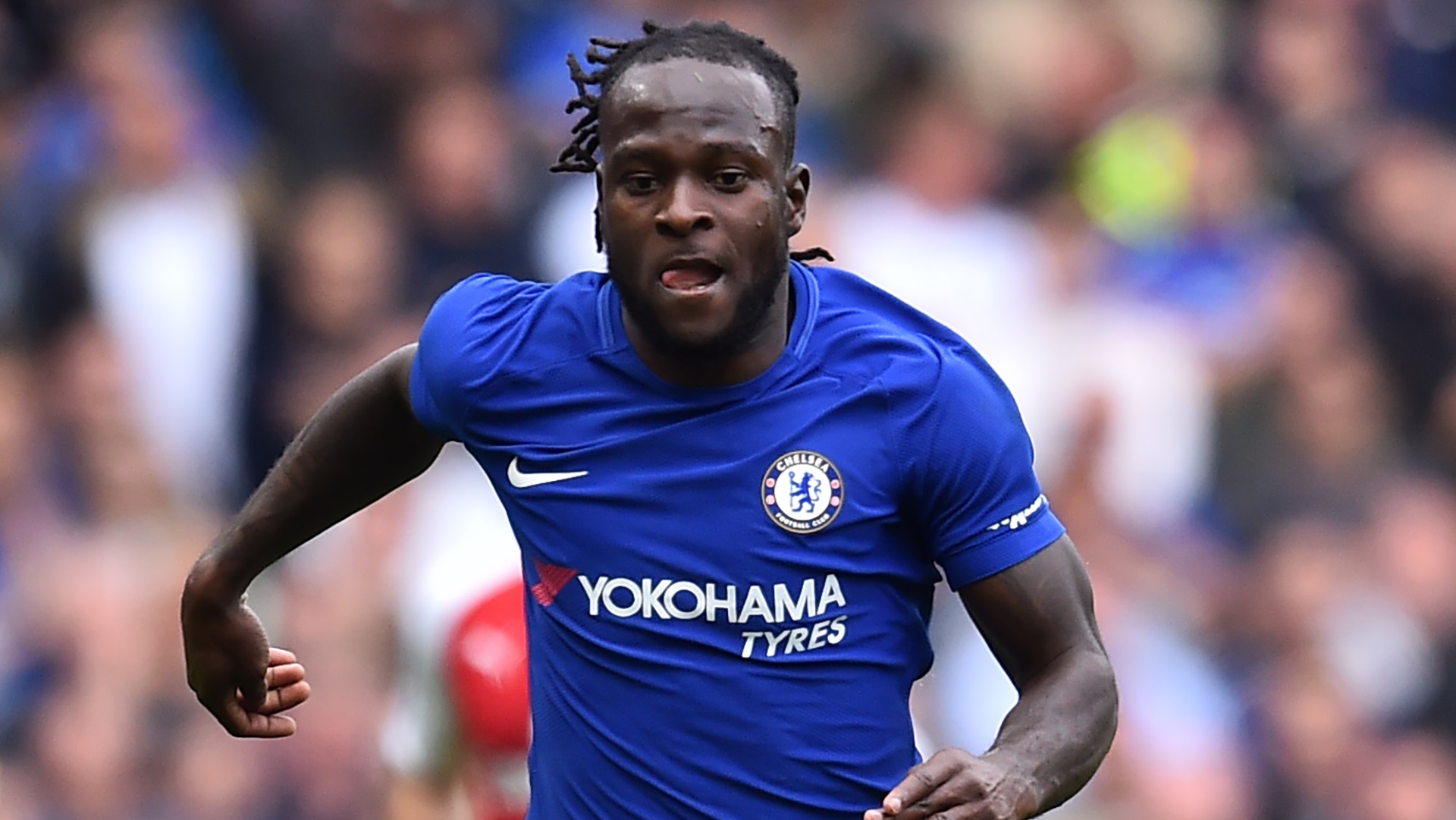
In the space of three days, Chelsea played Newcastle and Bournemouth,
which saw performances from either side of the great divide.
In the Blues’ 3-0 FA Cup fourth round win over a poor Magpies side,
Alonso and Davide Zappacosta were deployed out wide and had impressive
individual performances. On the other hand, both players failed to
replicate that display against Eddie Howe’s side as they slumped to an
extremely disappointing 3-0 defeat in West London.
Article continues below
A penny for Antonio Conte’s thoughts - before the showdown with The
Albion this weekend – as he strives to get better and importantly, more
consistent performances from his wing-backs.
With the departure of Abdul Baba Rahman and Kenedy (both on loan) to
Schalke 04 and Newcastle respectively, and subsequent arrival of Emerson
Palmieri from Roma – a superior athlete to Alonso – the Italian manager
has got to be pulling his hair out on how to get dependable
performances from his widemen.
If he’s successful, then maybe, just maybe a so far disappointing campaign might still have a happy ending.
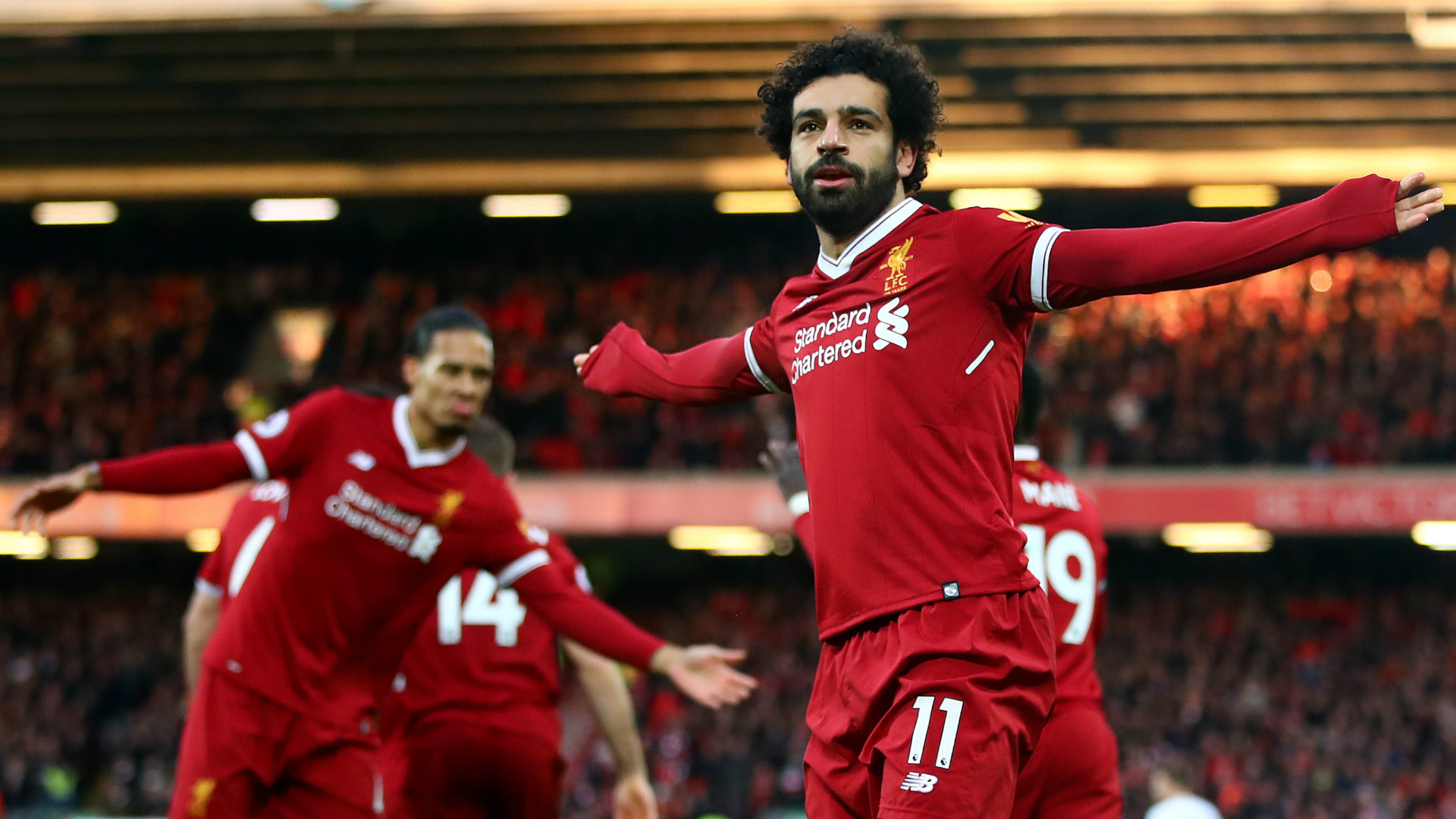
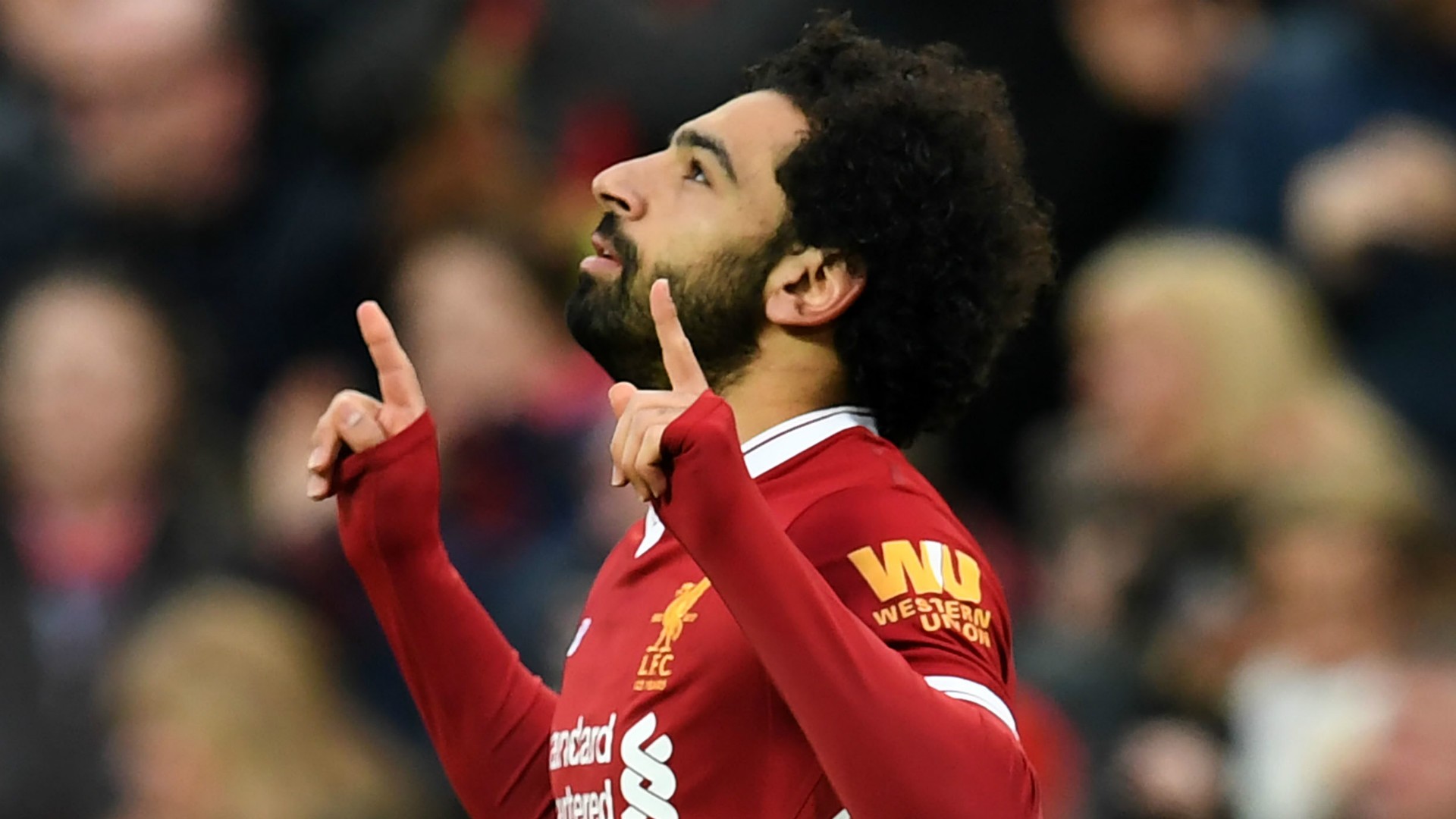 The in-form Reds star has
avoided being drawn on talk of a possible move to Spain, with his focus
currently locked on events in the Premier League
The in-form Reds star has
avoided being drawn on talk of a possible move to Spain, with his focus
currently locked on events in the Premier League  Antonio Conte will need his widemen performing much better if the Blues are to step out of their recent malaise
Antonio Conte will need his widemen performing much better if the Blues are to step out of their recent malaise 



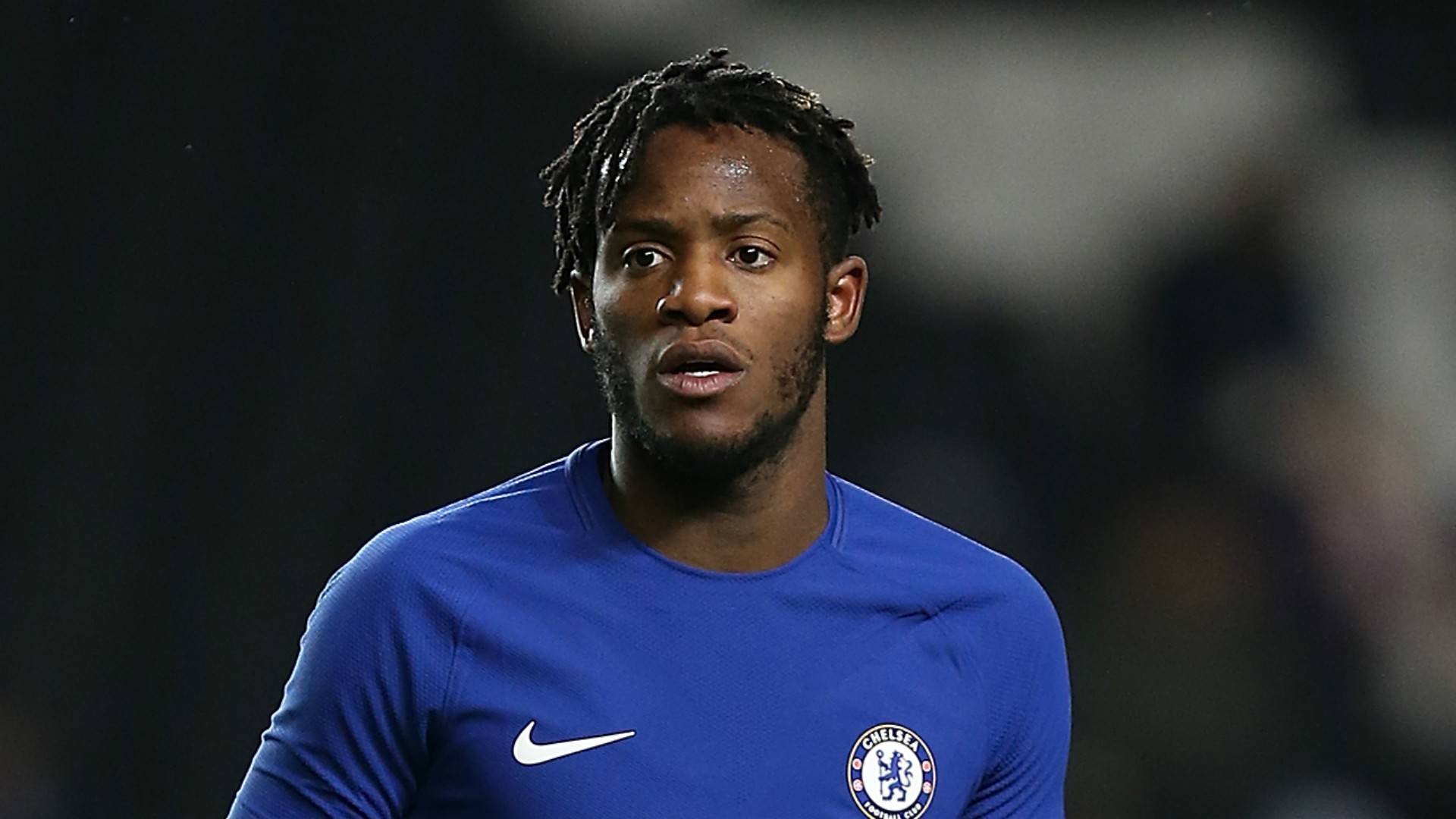 The 24-year-old has played a
bit-part role under Antonio Conte and is in need of a fresh start ahead
of the 2018 Russia World Cup
The 24-year-old has played a
bit-part role under Antonio Conte and is in need of a fresh start ahead
of the 2018 Russia World Cup 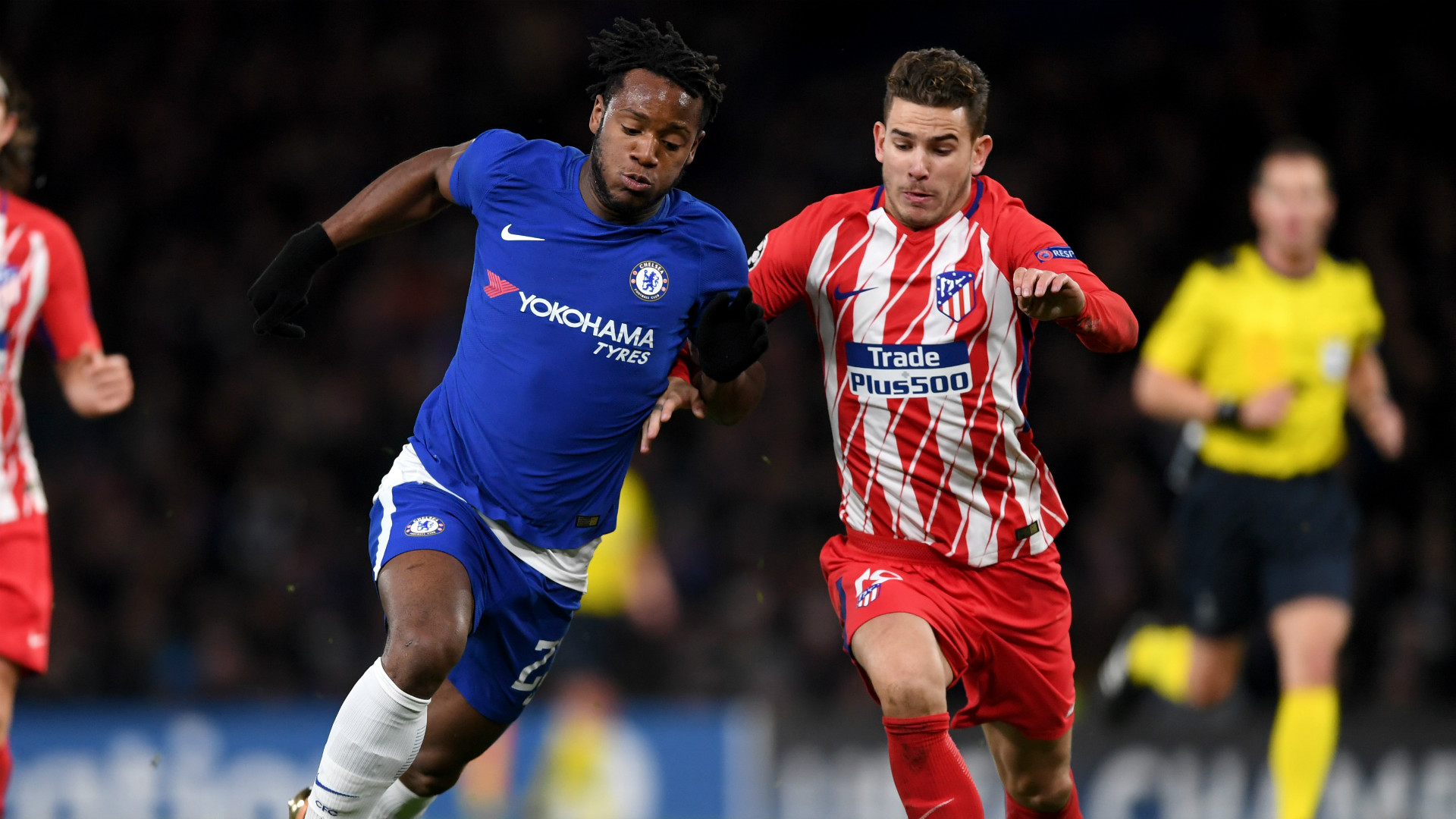
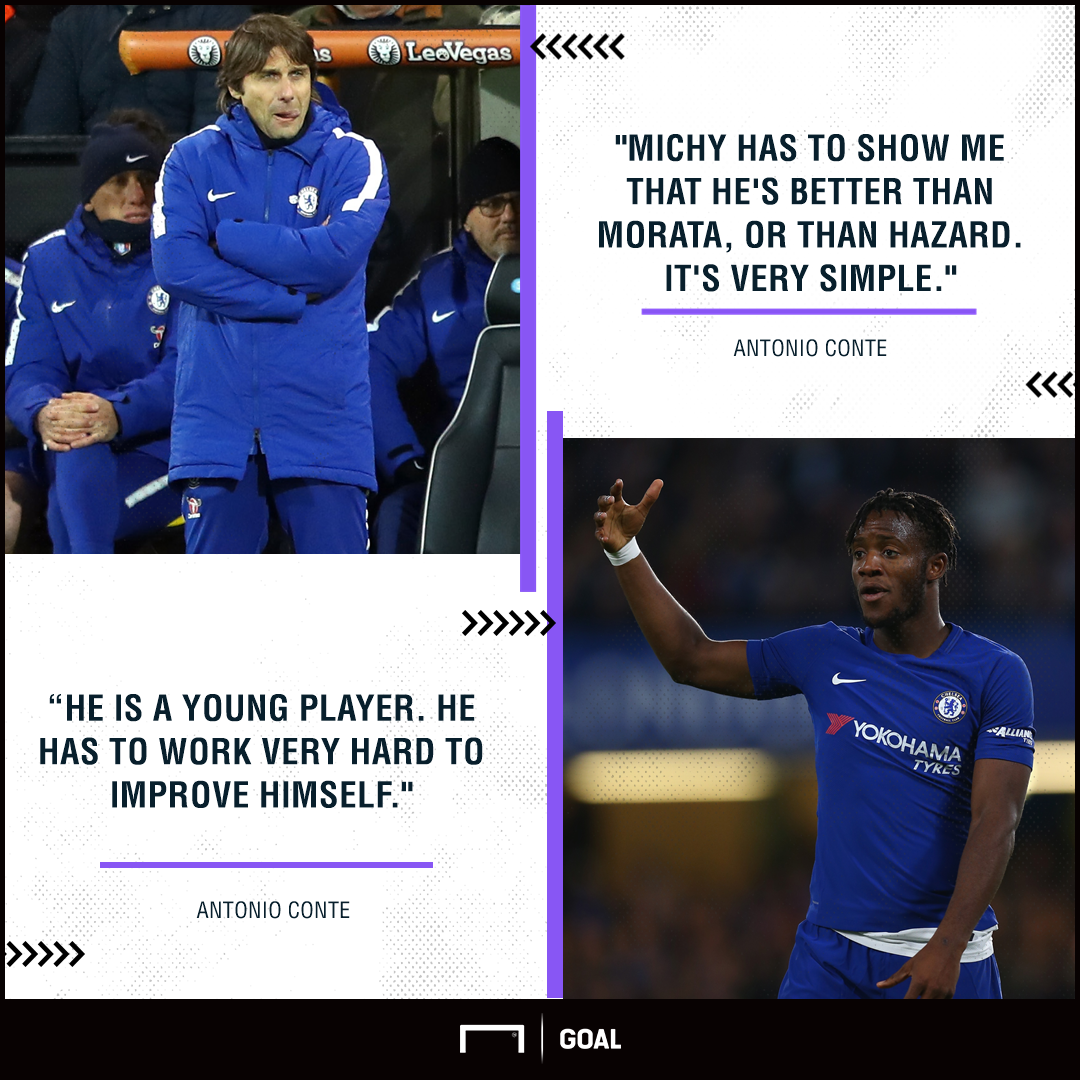
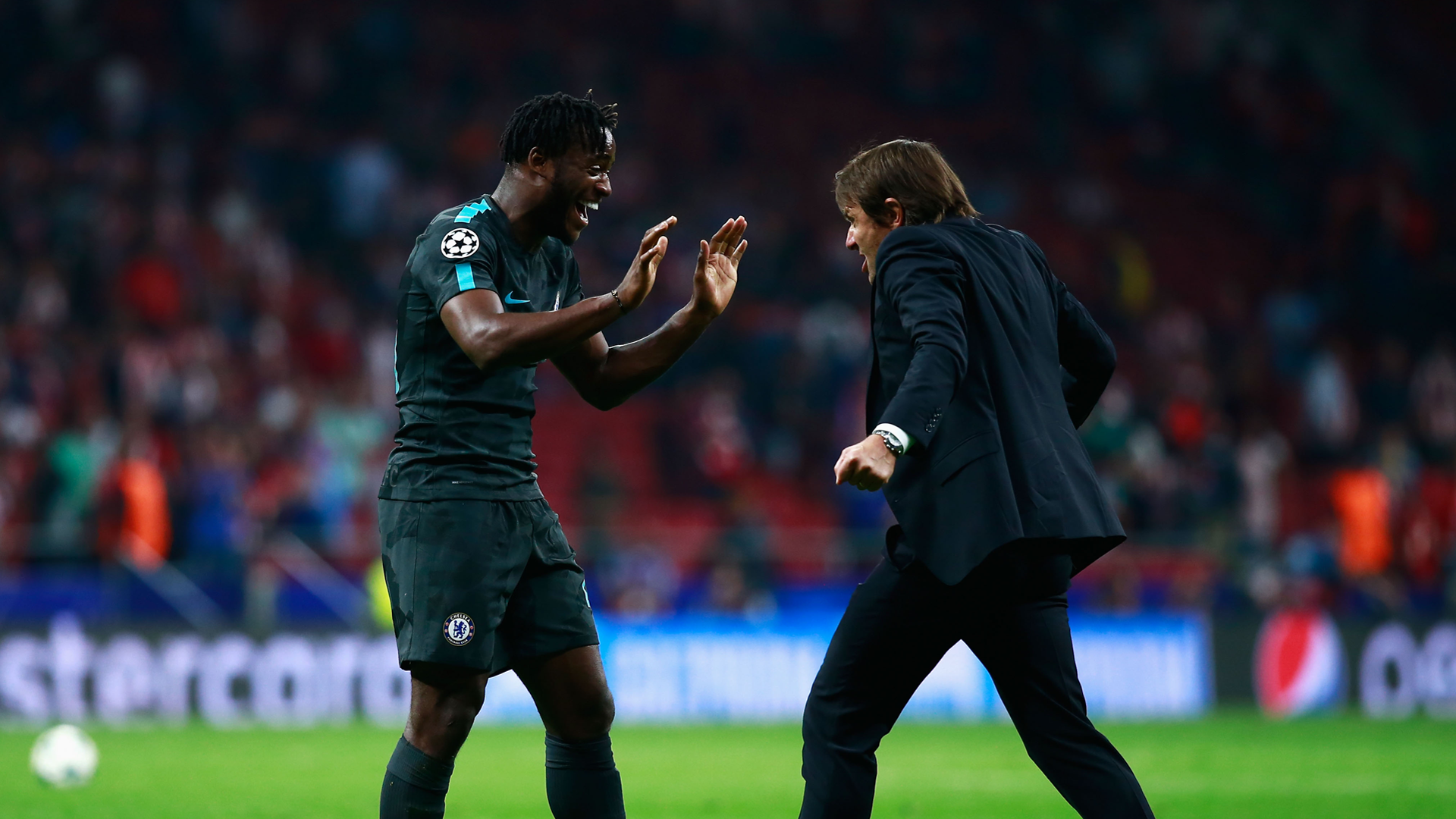
 The Colombia international
had been scheduled to arrive in the summer, but a deal has been pushed
through that sees him go to Spain now
The Colombia international
had been scheduled to arrive in the summer, but a deal has been pushed
through that sees him go to Spain now 
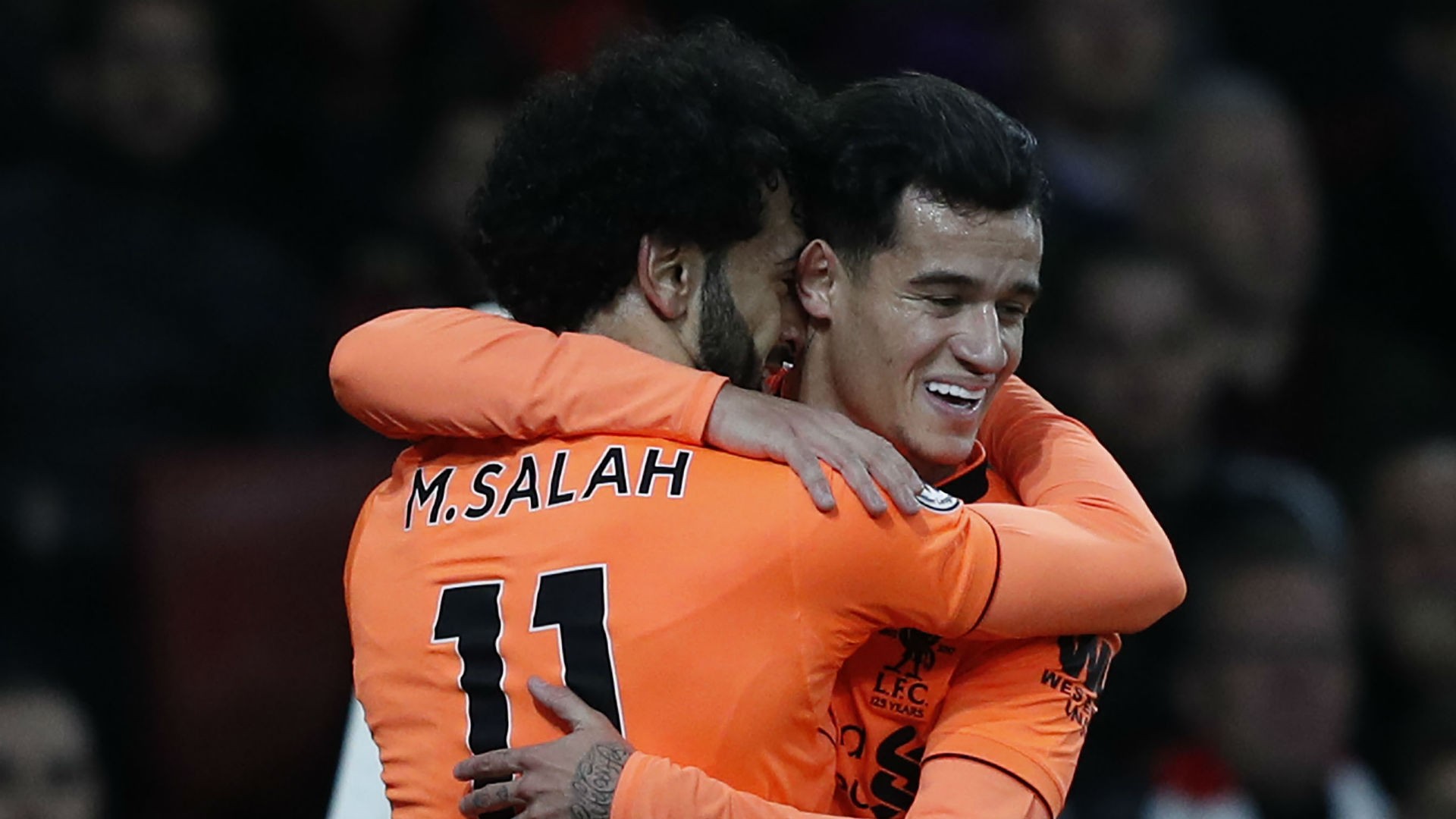 The Egyptian forward dropped a message for the Brazil international who completed a big money move to the Camp Nou this week
The Egyptian forward dropped a message for the Brazil international who completed a big money move to the Camp Nou this week 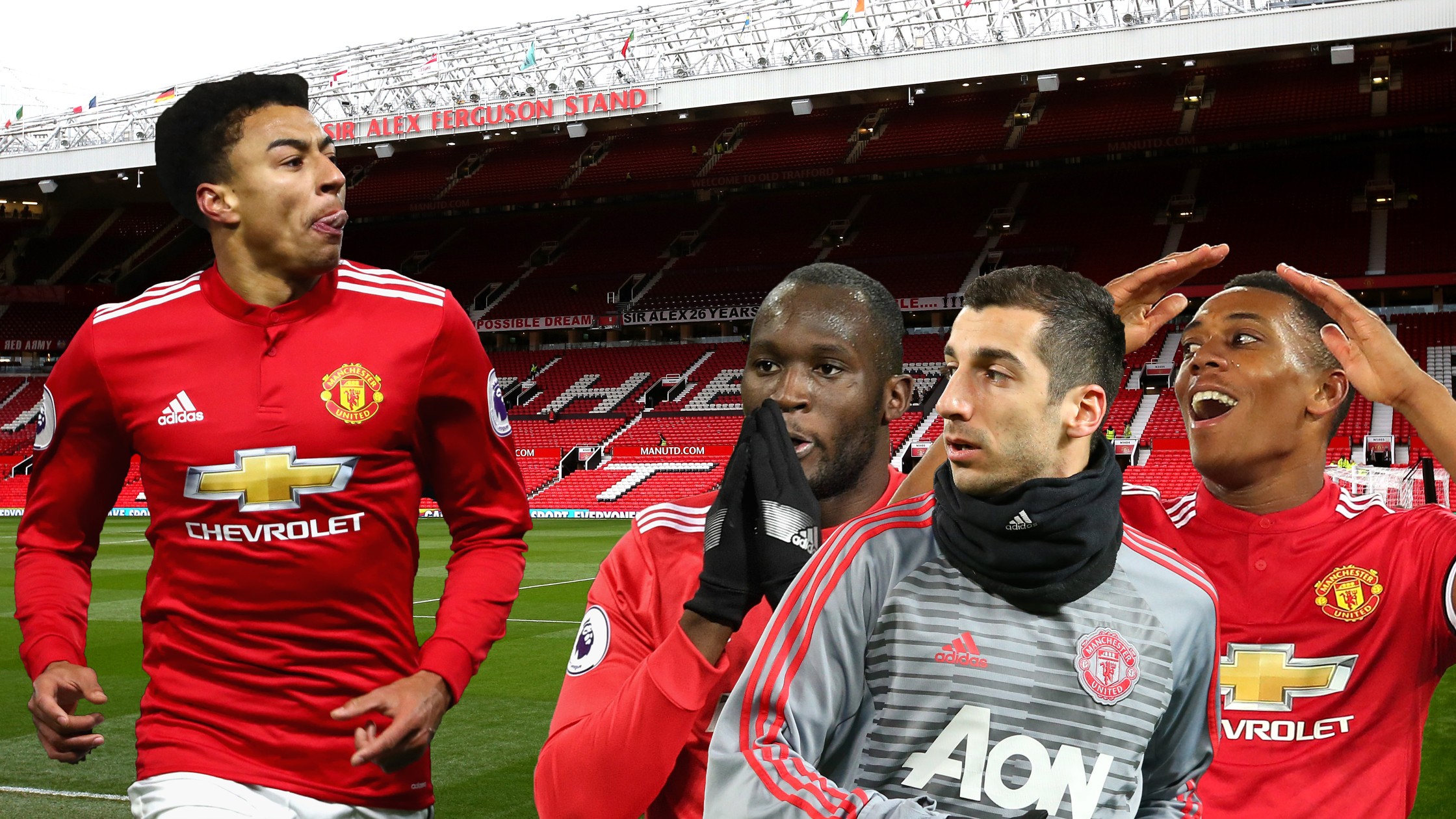 The Red Devils youth product has not always convinced the Old Trafford faithful but has been in a rich vein of form of late
The Red Devils youth product has not always convinced the Old Trafford faithful but has been in a rich vein of form of late 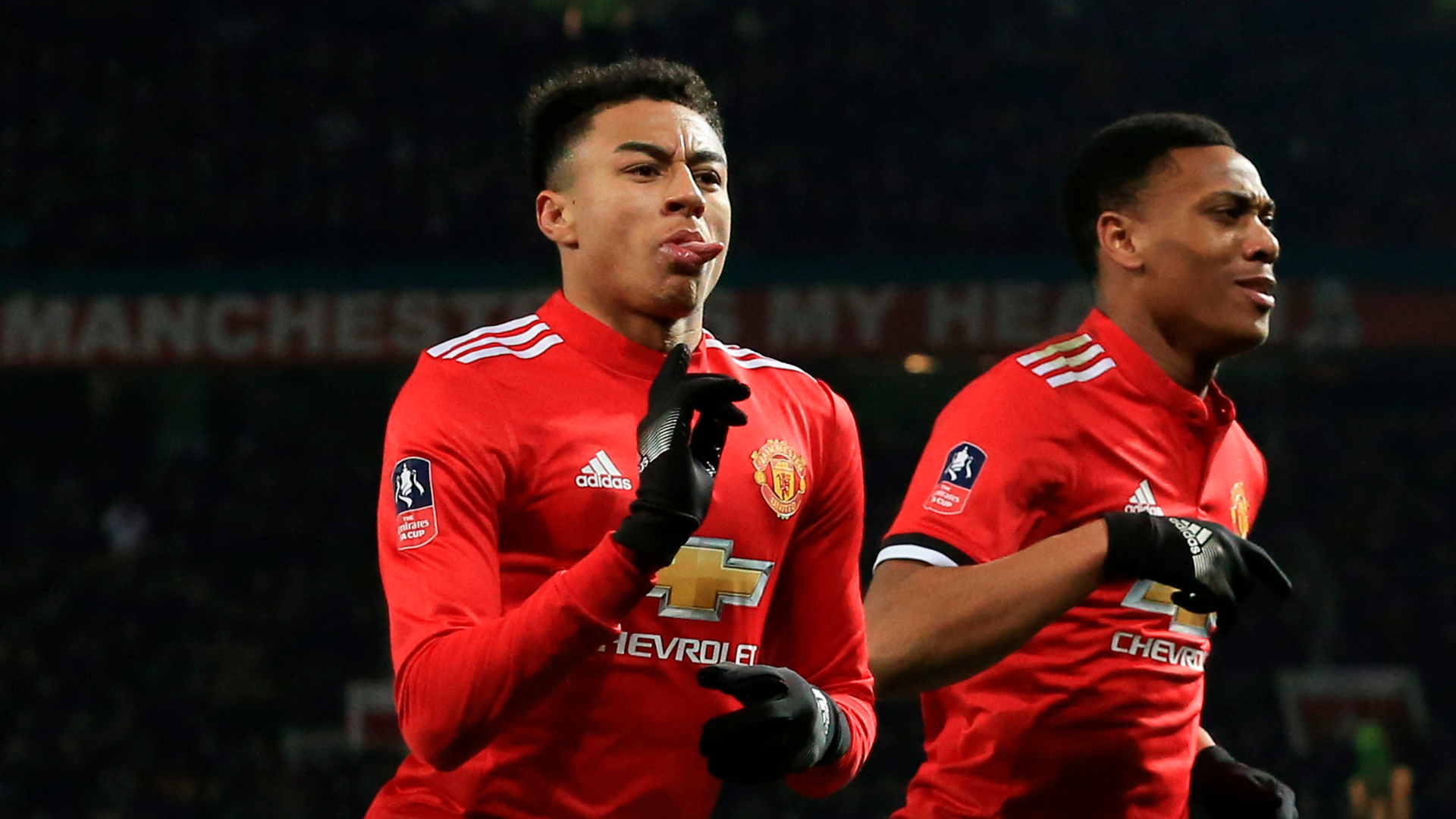
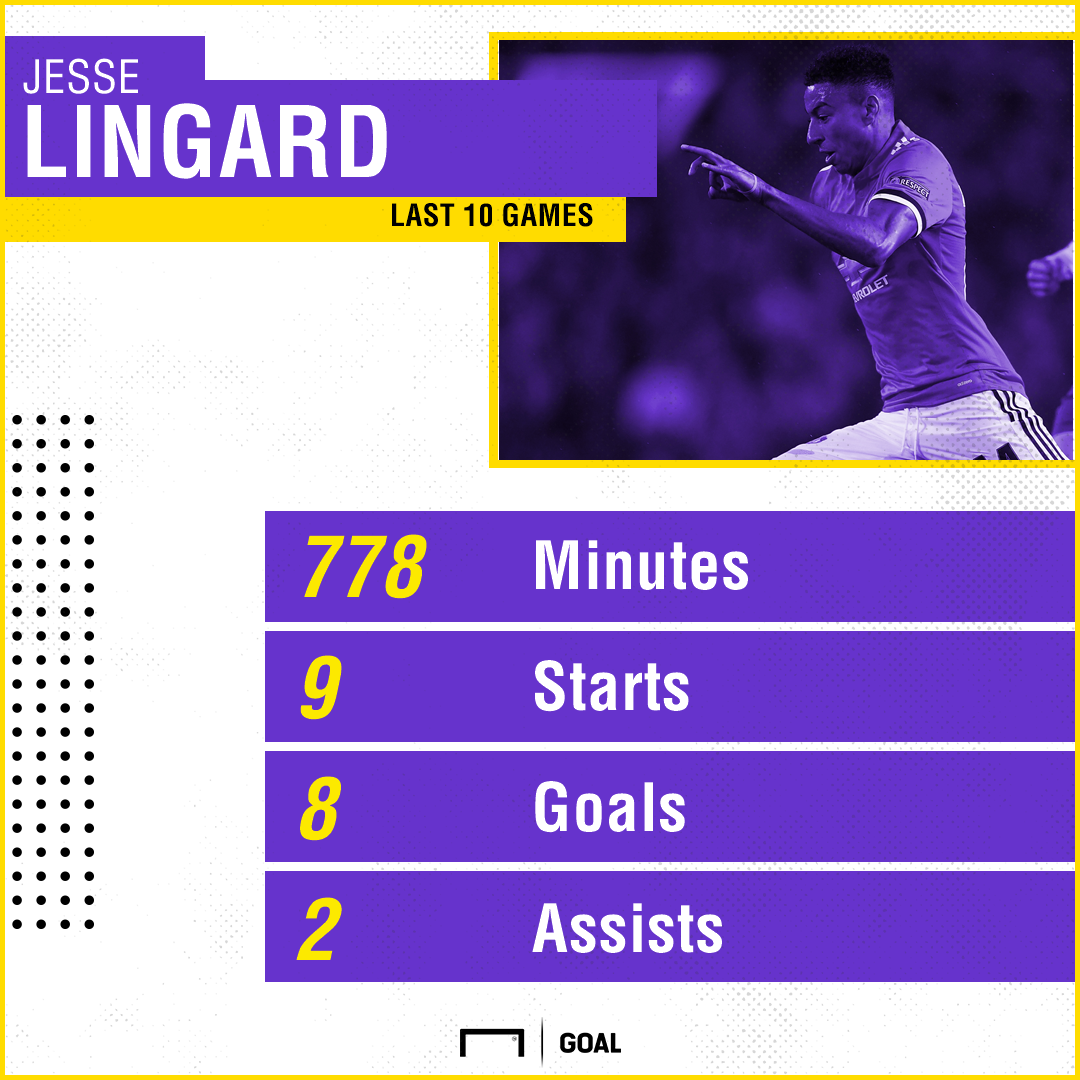
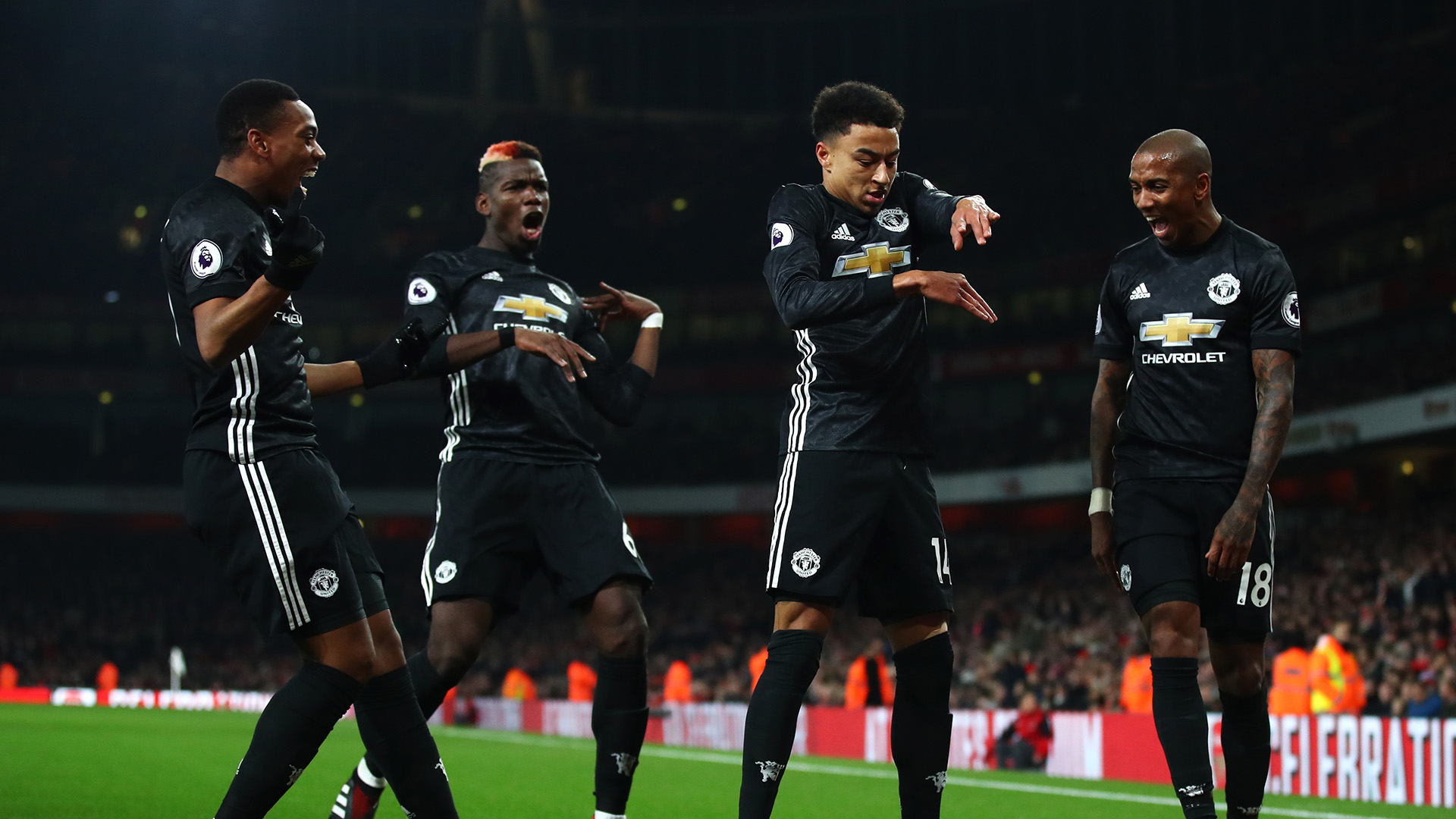


 Perceived to be a deliberate
attempt, the midfielder was quick to play down the action and expressed
relief as Binuyo survived his scorcher
Perceived to be a deliberate
attempt, the midfielder was quick to play down the action and expressed
relief as Binuyo survived his scorcher 









